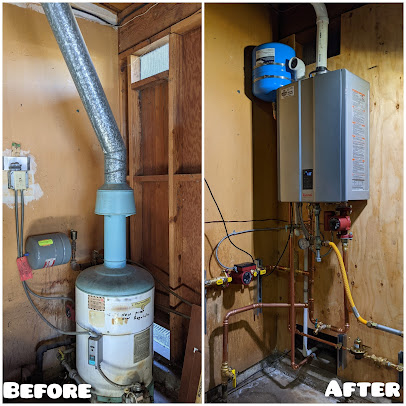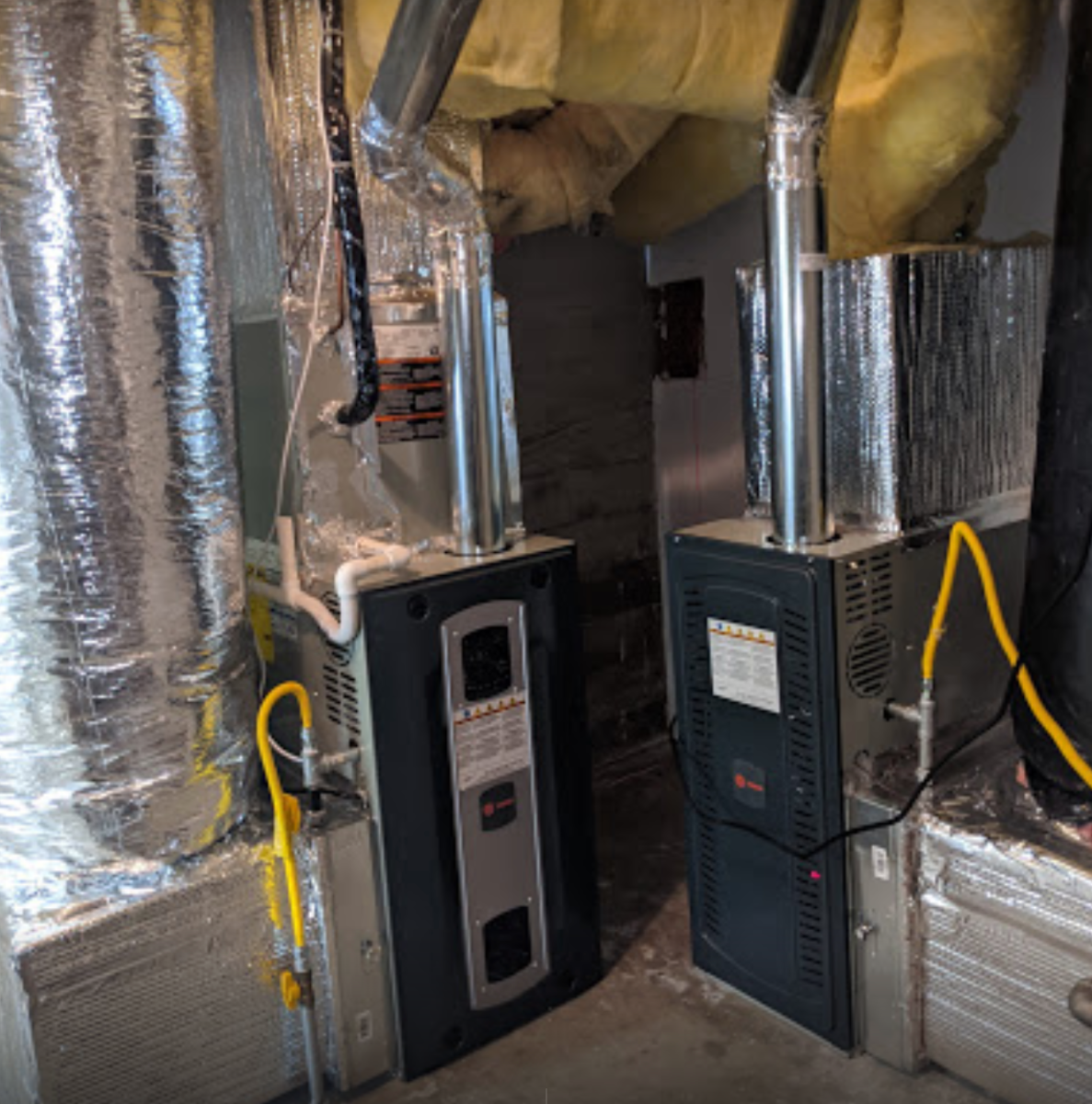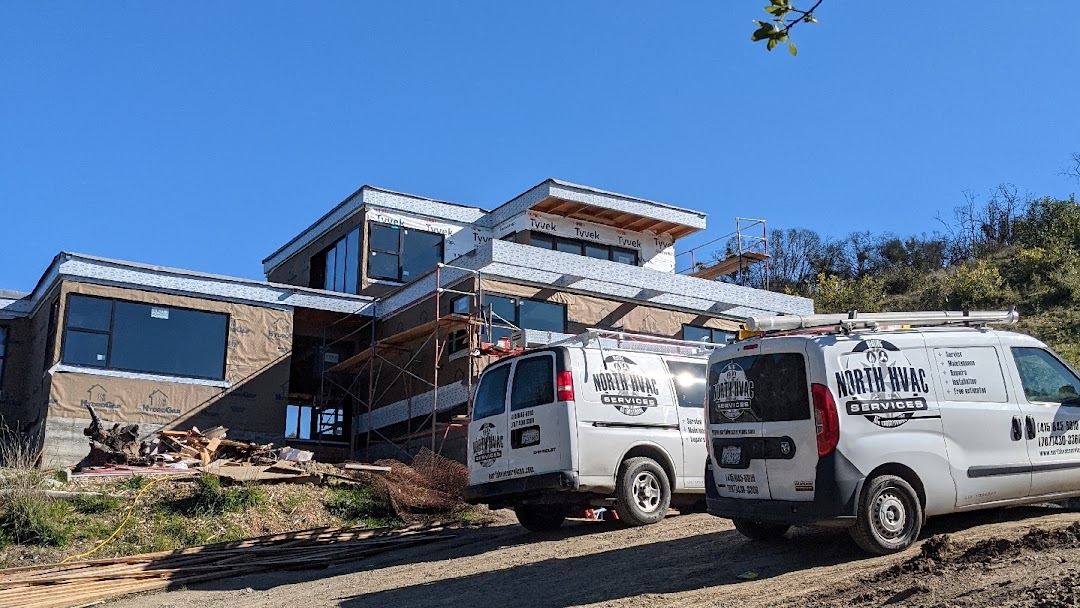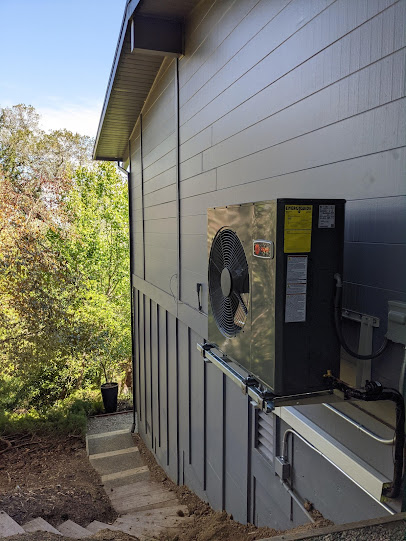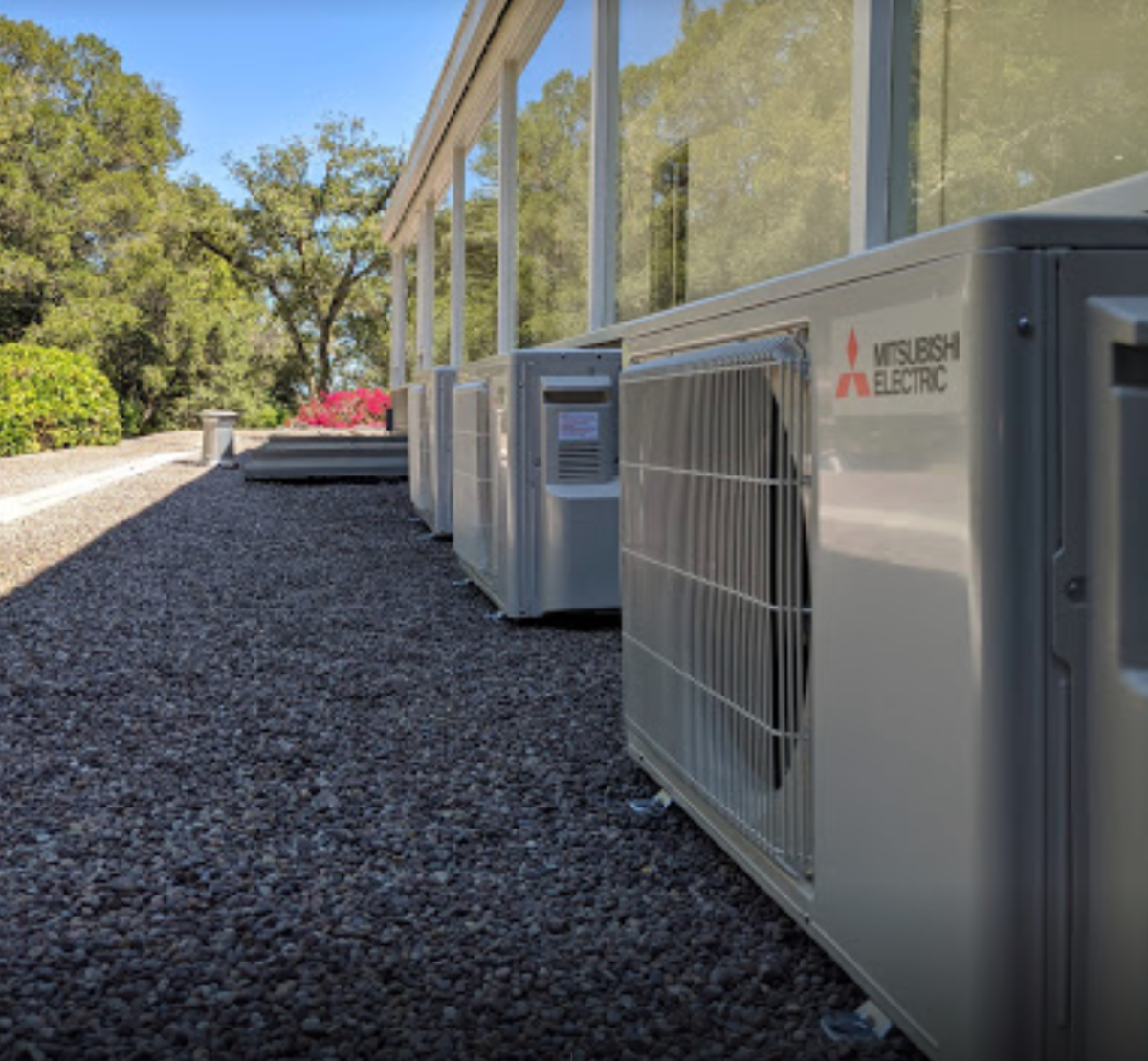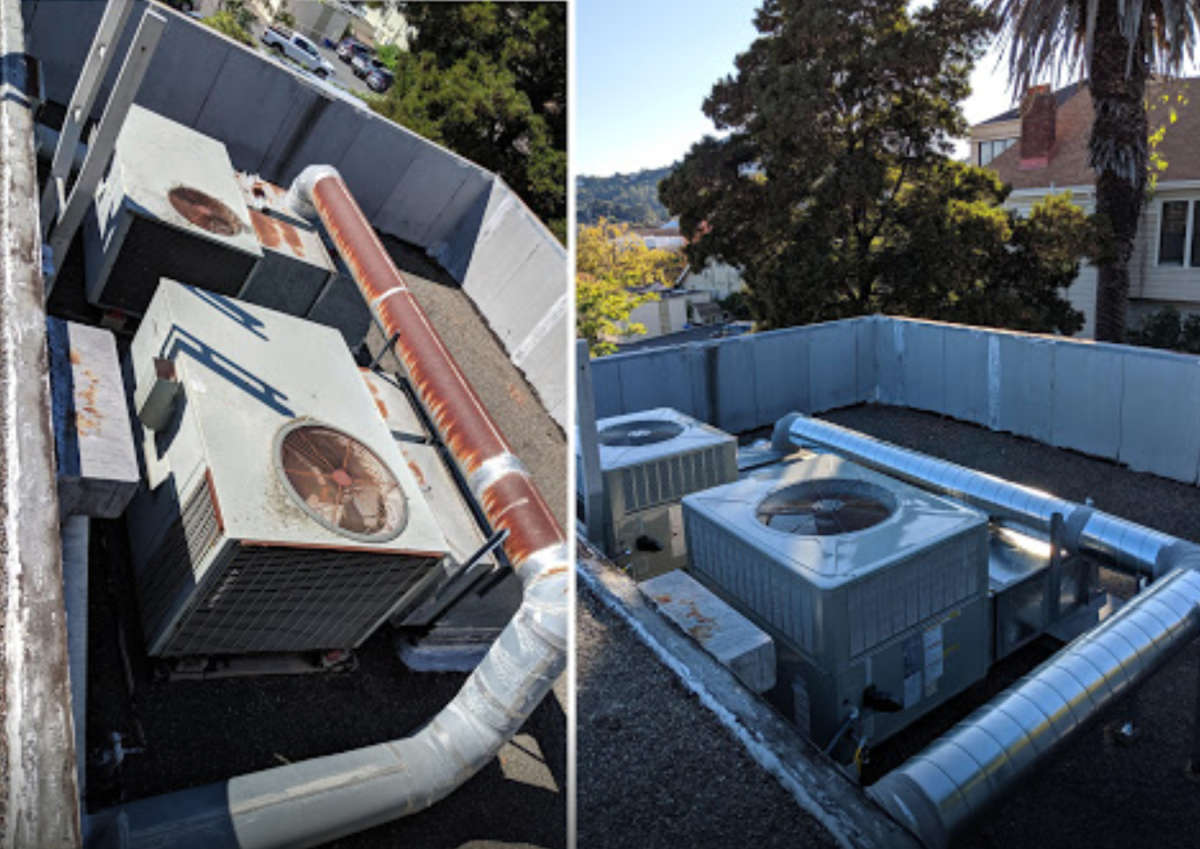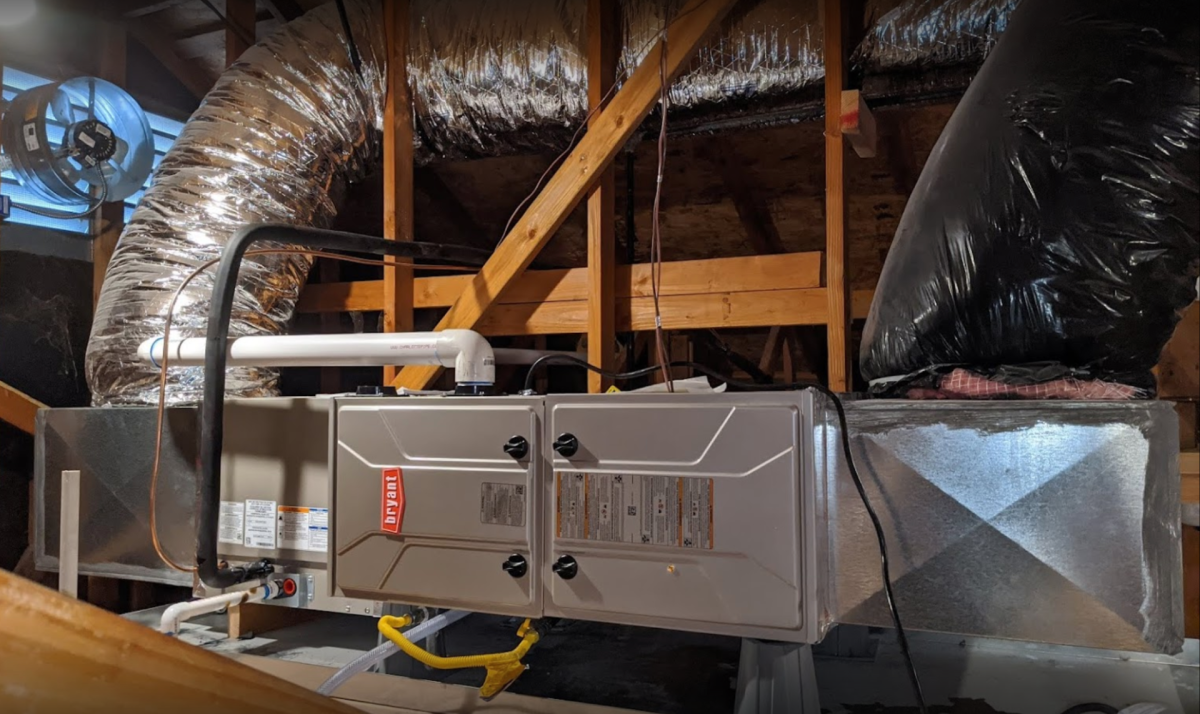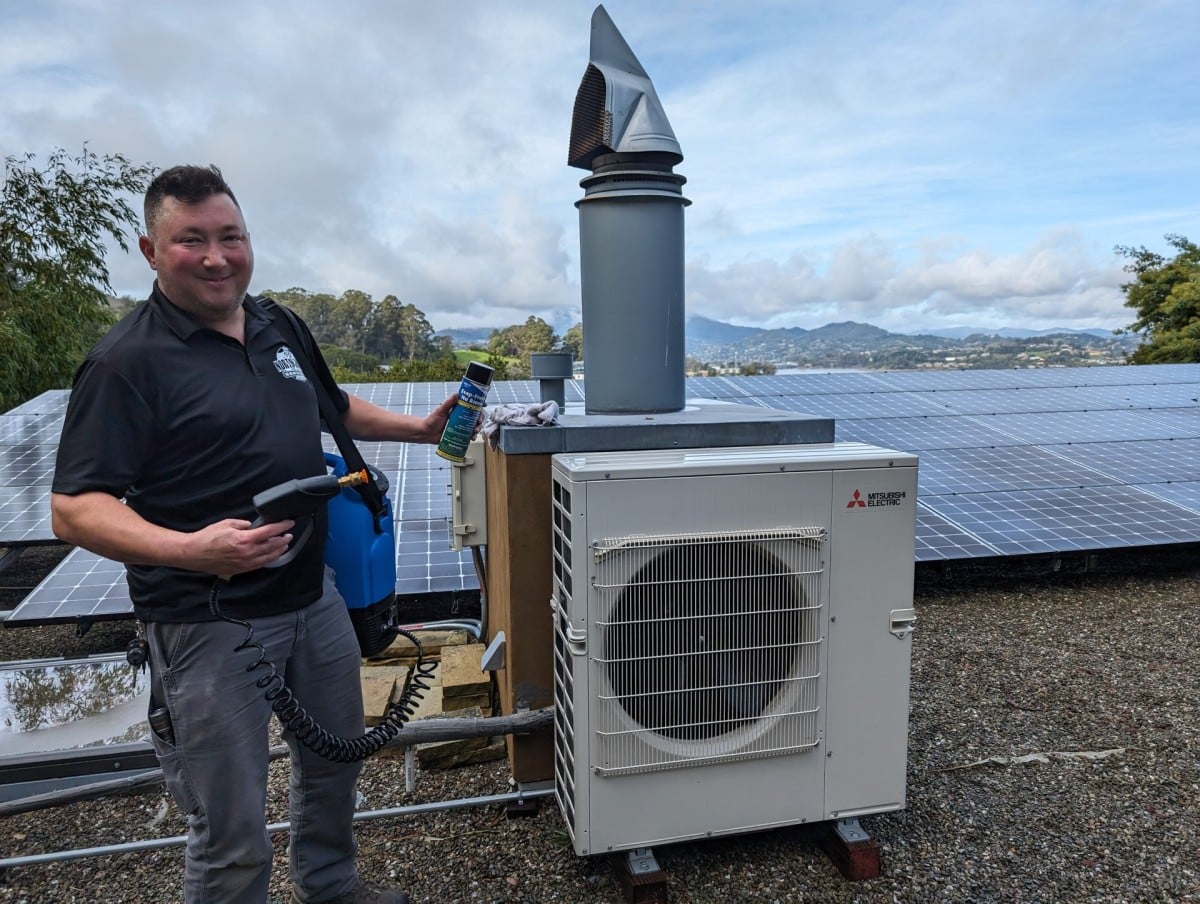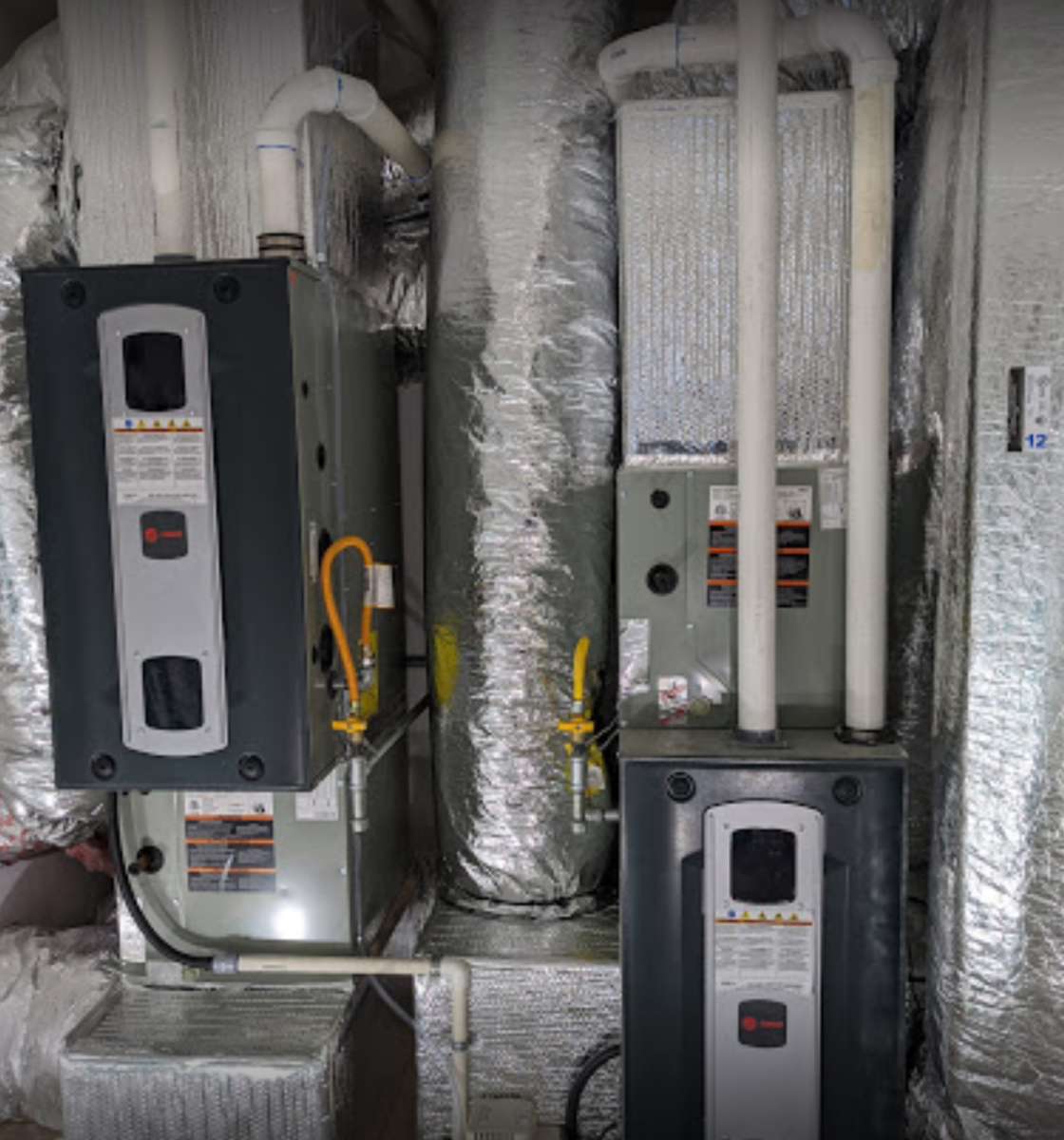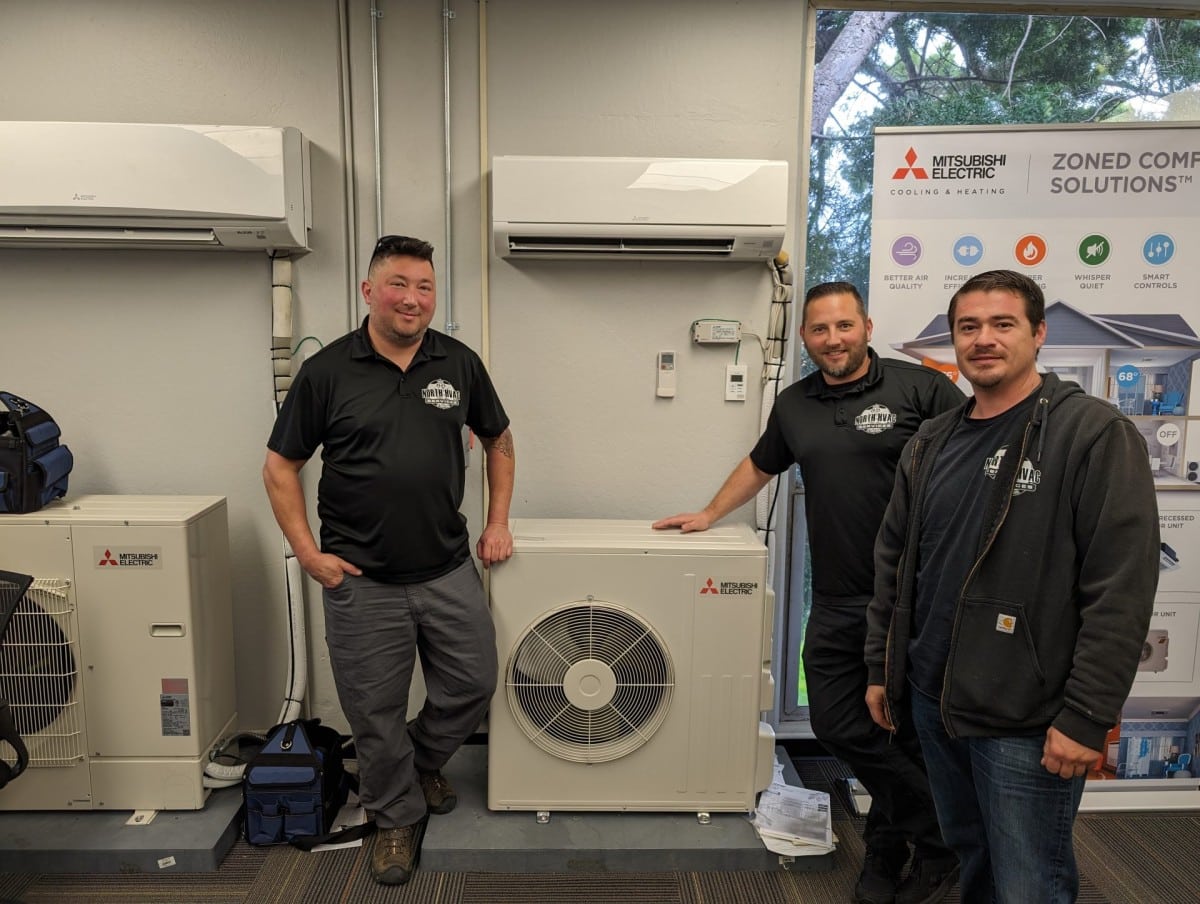The duct system is an integral part of any home’s heating and cooling system. It is responsible for distributing air throughout the house, ensuring that every room stays at a comfortable temperature. However, as with any mechanical system, ducts can become worn out and inefficient over time. This is especially true for older homes in the Bennett Valley area, where the harsh weather conditions can take a toll on the ductwork. Upgrading your duct system may seem like a daunting task, but the benefits far outweigh any initial costs.
The Importance of Proper Ductwork
Before diving into the benefits of upgrading your duct system in Bennett Valley, it’s important to understand why proper ductwork is essential for your home. The main purpose of a duct system is to distribute conditioned air evenly throughout the house. When there are leaks or gaps in the ducts, heated or cooled air can escape before reaching its intended destination. This not only leads to uneven temperatures but also results in higher energy bills as your HVAC system works harder to compensate.
Improved Energy Efficiency
One of the biggest benefits of upgrading your duct system is improved energy efficiency. Sealing and insulating your ducts can help prevent conditioned air from escaping and unconditioned air from entering. This means that your HVAC system will not have to work as hard to maintain a comfortable temperature in your home, resulting in lower energy bills.
In addition to sealing and insulating existing ducts, you may also want to consider installing new high-efficiency models. These newer models are designed with tighter seals and better insulation materials, making them even more efficient at keeping conditioned air inside where it belongs.
Better Indoor Air Quality
Another benefit of upgrading your duct system is improved indoor air quality. Over time, dust, dirt, allergens, and other pollutants can accumulate inside old or damaged ducts. When these contaminants circulate through your home, they can cause respiratory issues and allergies. By upgrading your duct system, you can ensure that the air circulating in your home is clean and free of harmful pollutants.
Cost Savings
As mentioned earlier, upgrading your duct system can lead to cost savings in the form of lower energy bills. But that’s not the only way it can save you money. When ducts are sealed and insulated properly, it reduces strain on your HVAC system, which means less wear and tear. This translates to fewer repairs and a longer lifespan for your heating and cooling equipment.
Better Comfort
Have you ever noticed uneven temperatures in different rooms of your home? This is often caused by leaky or poorly insulated ducts. Upgrading your duct system can help eliminate these temperature fluctuations, ensuring that every room stays at a comfortable temperature year-round.
Increased Home Value
If you’re thinking of selling your home in the future, upgrading your duct system is a smart investment. Potential buyers will appreciate knowing that the ductwork has been recently upgraded or replaced, as it means they won’t have to worry about any heating or cooling issues after moving in.
Conclusion
In conclusion, upgrading your duct system in Bennett Valley offers numerous benefits for homeowners. From improved energy efficiency and indoor air quality to cost savings and increased comfort, there are plenty of reasons to consider this upgrade. Whether you choose to seal and insulate existing ducts or install new high-efficiency models, investing in your home’s ductwork will pay off in the long run. Contact North HVAC Services today for expert advice on upgrading your duct system and keeping your Bennett Valley home comfortable all year round.

